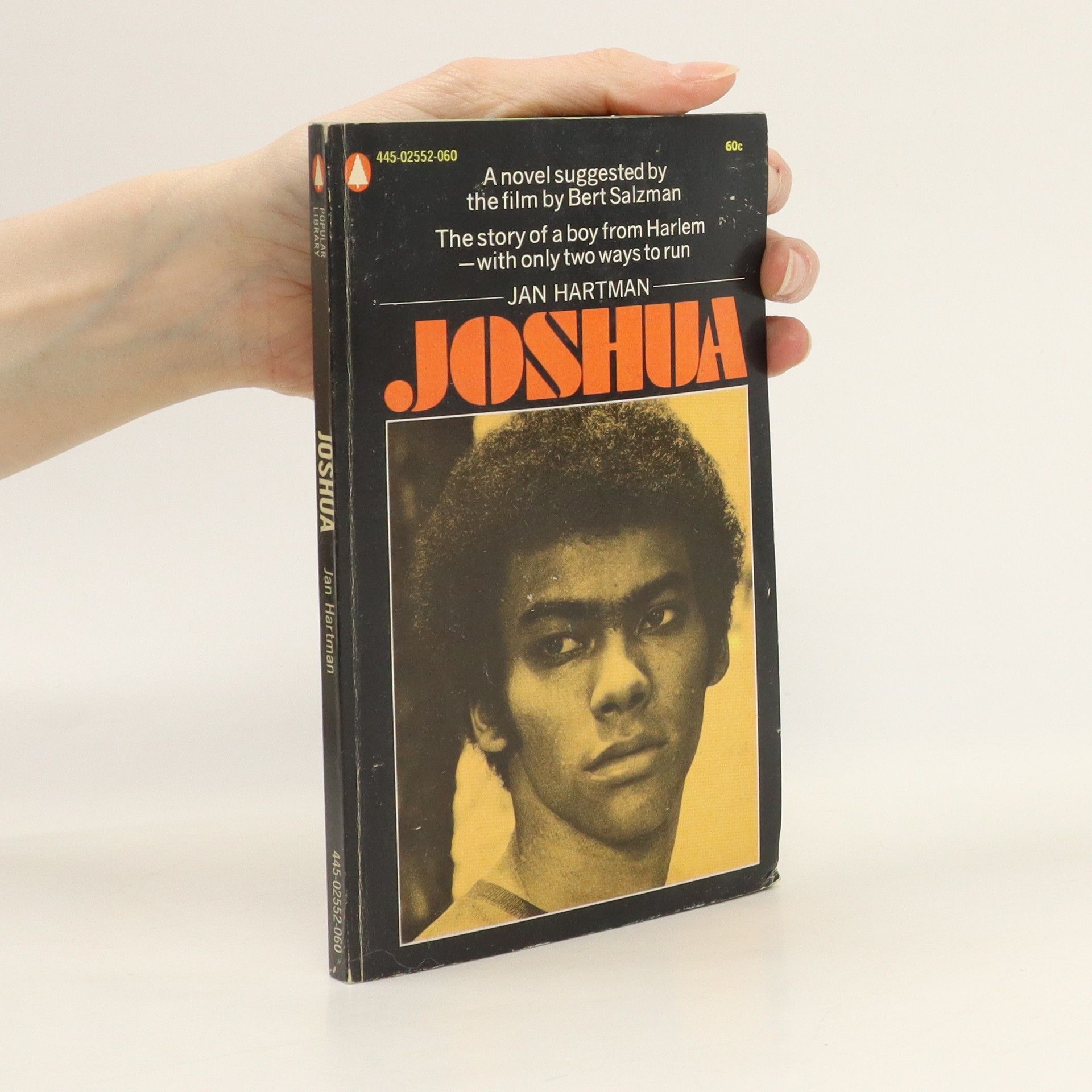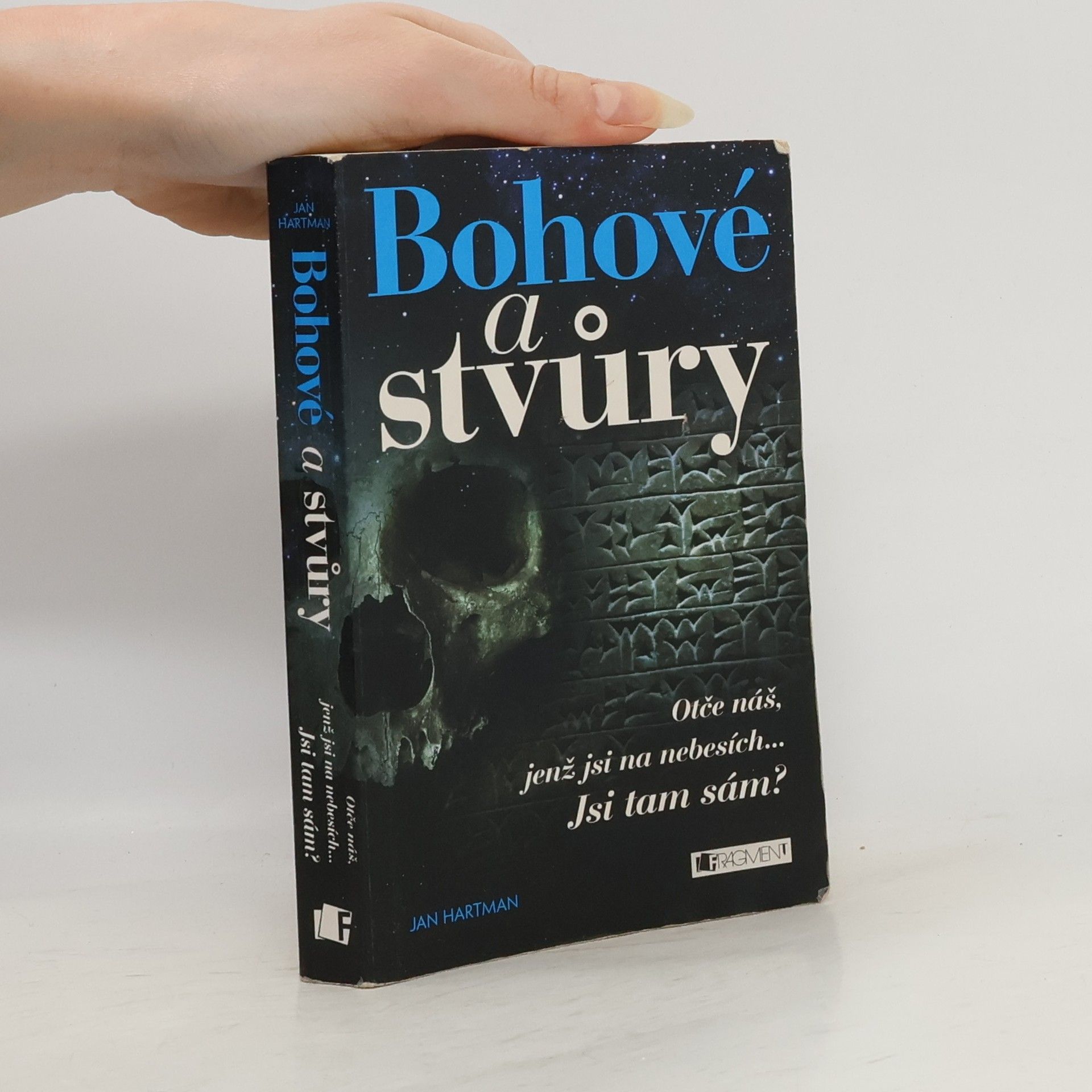Każdy, kto ma do czynienia z filozofią, wie jak szybko wyparowuje jej potężny niegdyś autorytet. Od wielu lat wykłada się filozofię głównie jako naukę historyczną poświęconą swego rodzaju zabytkom kultury, jakimi są dzieła wielkich filozofów. Mało kto zaś wierzy, że filozofowie wciąż zdolni są naprawdę powiększyć naszą wiedzę zadanie to niemal w całej rozciągłości powierzamy naukowcom. Nie spodziewamy się już również od filozofów, aby pouczali nas, jak mamy żyć bądź jak powinniśmy się rządzić. Dobrych rad oczekujemy raczej od psychologów, a nauk moralnych od kapłanów (jeśli jesteśmy wierzący). Książka Jana Hartmana, profesora filozofii z UJ, autora wielu filozoficznych rozpraw i traktatów, objaśnia procesy kulturowe i społeczne, które doprowadziły wielki projekt Filozofia do kresu jego możliwości. Przede wszystkim jednakże uwaga autora skupia się na wyjątkowych i charakterystycznych dla filozoficznego sposobu myślenia koncepcjach i pojęciach, które albo wyczerpały już swój potencjał oddziaływania na naukę i kulturę, albo są zbyt ezoteryczne i dziwne, by zostać przez kulturę zaadaptowane i wykorzystane. Tym samym Zmierzch filozofii jest nie tylko opowieścią o pewnej pięknej katastrofie, lecz również wycieczką z przewodnikiem po rzadko odwiedzanych przez postronnych arkanach filozoficznego teatru myśli.
Jan Hartman Book order (chronological)
Jan Marek Hartman is a Polish philosopher and bioethicist, professor of humanities, writer, publicist, academic, and politician. In his philosophical work, Hartman focuses on ethics and bioethics. His scientific interests also notably include metaphilosophy and political philosophy. He is particularly dedicated to these fields.






Jan Hartman pisze z miłością sprawiedliwą i mądrą. Cóż więc dziwnego, że świat filozofa jest prześwietlony światłem jednocześnie gorącym i zimnym? Wciąż jest to światło - nieobojętna forma pochwały i obrony. Przenikania i kontemplacji.
Jeśli myślisz, że wybory moralne są rzadkością w Twoim życiu lub że „moja moralność to moja sprawa”, warto sięgnąć po tę książkę. Etyka często postrzegana jest jako abstrakcyjna dziedzina, która niewiele ma do powiedzenia o codziennych sprawach. W codziennym życiu unikamy języka moralności, koncentrując się bardziej na zgodności z prawem niż na aspektach moralnych. Autor zauważa, że moralizowanie i ocenianie stało się niemalże niemoralne. Książka pokazuje, że to poważny błąd. Analizując konkretne sytuacje, Jan Hartman udowadnia, że umiejętność moralnego osądu jest kluczowa dla funkcjonowania społeczeństwa i osobistego rozwoju. Tematyka obejmuje szeroki zakres, od drobnych spraw, jak jazda tramwajem „na gapę”, po poważne kwestie, jak aborcja. Autor nie zamierza narzucać, jak postępować, lecz pokazuje, jak rozpoznać etyczny wymiar życiowych sytuacji. Robi to z dużą dozą zdrowego rozsądku i życzliwości. Książka nie jest poradnikiem, lecz wprowadzeniem do analizy moralnej w realnych sytuacjach, zachęcając do samodzielnego kształtowania tej umiejętności. Autor odnosi się do teorii etycznych, ale skupia się na rzeczywistości życia osobistego i społecznego.
Boží software
- 210 pages
- 8 hours of reading
Mladá česká vědkyně Diana přijíždí se svým španělským novomanželem Adriánem do Barcelony. A následuje akční čtyřiadvacetihodinová jízda ve stylu Dana Browna plná teologických otázek a šokujících vědeckých faktů. Může být Adrián opravdu pozemským vtělením samotného Boha? Jak to, že zná osud každého člověka, který jim zkříží cestu? A jak to, že toho tolik ví o vesmíru? A jakou roli v tom hraje obávaný drogový král, který na ně uspořádá zběsilou štvanici? …Bůh existuje. Je to potápěč a žije v Barceloně…
Krev ve stopách : opravdu věříte všemu, co vás učili ve škole...?
- 240 pages
- 9 hours of reading
Mladá švýcarská novinářka Julie právě prožívá nejšťastnější období svého života. To však brzy pomine, když se ji hlava největšího státu světa rozhodne vygumovat z historie. Nic netušící Julie totiž udržuje nevědomky vztah s mužem, který je pro nového ruského prezidenta trnem v oku. Útok ruských tajných složek přežije jen náhodou, a aby obhájila svoje místo ve světě, vrhá se do nebezpečného pátrání po největším tajemství 20. století. Čím více se blíží k odhalení pravdy, tím více se smyčka kolem jejího krku utahuje a vyplouvají na povrch šokující informace bořící ty nejznámější mýty evropské historie. Napínavá kniha nás provede spletitými uličkami nejvyšší ruské politiky, ale současně také můžeme sledovat paralelní osud tajemné devatenáctileté dívky ze začátku dvacátého století. Napínavý thriller plný nečekaných zvratů, historie a tajemství.
«Philosophical Heuristics» aims to translate philosophical issues into meta-philosophical issues examined from a unique perspective. The analytical and interpretive practice of heuristics seeks to grasp synchronously all the processes leading to the formation of philosophical discourse, its language, form and content. The book takes hermeneutics and pragmatism as a starting point for a multifaceted and systematic examination of philosophical heuresis and promotes a style of philosophising «in the suspense of heuristic reflection», something more than ordinary theoretical self-awareness.
Bohové a stvůry
- 256 pages
- 9 hours of reading
Jak moc by s lidskou vírou otřáslo, kdyby se našly fosilní ostatky samotného Boha? Čtyři renomovaní vědci v čele s odbornicí na klínové písmo Emily Farrellovou jsou osloveni, aby prozkoumali převratný historický nález: atypickou obludnou lebku a sadu hliněných destiček. Emily zasvěcuje všechny členy týmu do legendy o Anunnaki, prastarém božstvu, které přiletělo na planetu Zemi a přineslo na ni život. Unikátní nálezy dávají tušit, že na sumerských pověstech možná něco je, a potomci bohů dokonce žijí mezi námi. Rozluštění šifry vyryté do destiček začíná rozsévat smrt... Tajemství mělo zůstat skryto, neuvěřitelný Boží plán neměl být nikdy odhalen. Hra o život a pravdu o vzniku lidstva začíná! Mysteriózní thriller plný akce, napětí a nečekaných odpovědí.
Heurystyka filozoficzna
- 304 pages
- 11 hours of reading
Heurystyka filozoficzna to koncepcyjna praca, która przedstawia program uprawiania filozofii poprzez refleksję metafilozoficzną. Celem jest wszechstronne i systematyczne zrozumienie możliwości argumentacyjnych związanych z danym zagadnieniem, a także przeszkód i pułapek pojęciowych oraz językowych. Analizowane są również pozateoretyczne uwarunkowania wpływające na kształt dyskursu filozoficznego. W pracy tymi czynnikami, które kształtują teoretyczne wytwory, nazywane są heurezą. Heurystyka ma na celu rozwijanie umiejętności intelektualnego panowania nad całością heurezy. To trudne zadanie, ponieważ każda poważana teoria filozoficzna wykazuje wysoki stopień samorefleksji, co prowadzi do złudzenia, że dostarcza wystarczającego rozeznania w zakresie własnych roszczeń do prawomocności oraz w odniesieniu do konkurencyjnych koncepcji. Przezwyciężenie tej iluzji, które inicjuje heurystykę jako teorię i umiejętność, jest możliwe tylko poprzez autentyczną adaptację form teoretycznej samowiedzy z wielkich projektów filozoficznych, z zachowaniem autonomii niezbędnej do konfrontacji z innymi formami filozoficznego krytycyzmu.
Za devatero horami se rozprostírá jedno malebné knížectví. Všichni by si tam žili šťastně a spokojeně, kdyby se nejednalo o moderní alpský stát Falkenberg, v jehož čele stojí mladý panovník, který zahyne za velmi podivných okolností. Z doposud přehlížené naivní princezny Alexandry se rázem stává následnice trůnu, která zjistí, že od pohádky ke dramatu je jenom malinký krůček. Okamžitě se stává středem zájmu tajného společenství velezrádců, tvořeného politickými špičkami Evropy. Když Alexandra konečně nachází sebedůvěru, přátele i lásku, zjistí, že byla jen figurkou krutých bohů na šachovnici života. A že nastal čas obětovat dámu...
Smrt ve tvém náručí
- 197 pages
- 7 hours of reading
Děj této krimi novely se začíná odvíjet na konci devadesátých let minulého století na jižní Moravě. Příběh tvoří dvě základní roviny: v první části můžeme sledovat neuvěřitelně pohnutý osud sedmnáctileté Jany, kterou drastická tragedie připraví o celou její rodinu. Zmrzačené a zničené dívce padá v zápětí do klína řízení rodinného podniku, kterému zprvu vůbec nerozumí. S pomocí úzkého okruhu přátel se jí ho ovšem podaří udržet nad vodou. To co končí jako obdivuhodný lidský příběh, ve druhé části knihy začíná jako ponurá detektivka, kdy hlavní hrdinka pomalu zjišťuje, že nic není tím, čím se zdá. Že nikdo tak nenapodobí krutou ruku osudu jako temná mysl člověka. A náruč milovaných se mění v obětí smrti...



